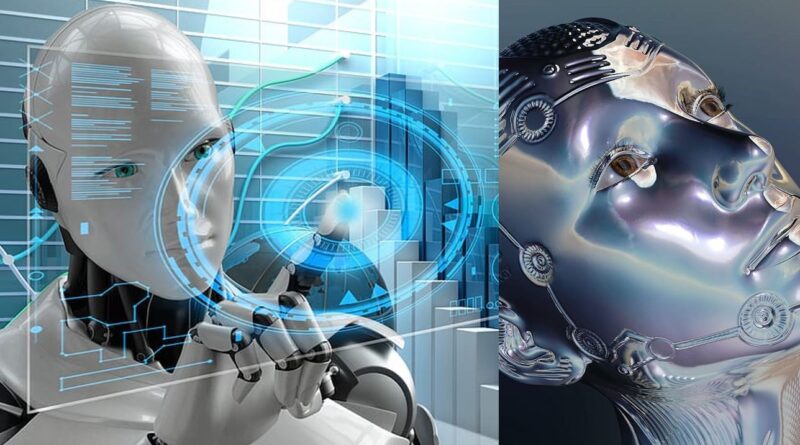Artificial Intelligence (AI) is the simulation of human intelligence processes by computers and machines, including learning (the acquisition of information and rules for using the information), reasoning (using rules to reach approximate or definite conclusions), and self-correction. As AI has numerous advantages that have revolutionized various industries and aspects of our daily lives, there are some overlooked cons too. So without further ado let’s go through the advantages and disadvantages of Artificial Intelligence. check ‘em out!
Advantages Of Artificial Intelligence
The following is the list at Live Enhanced for advantages of artificial intelligence; let’s have a look!
Improved Efficiency:
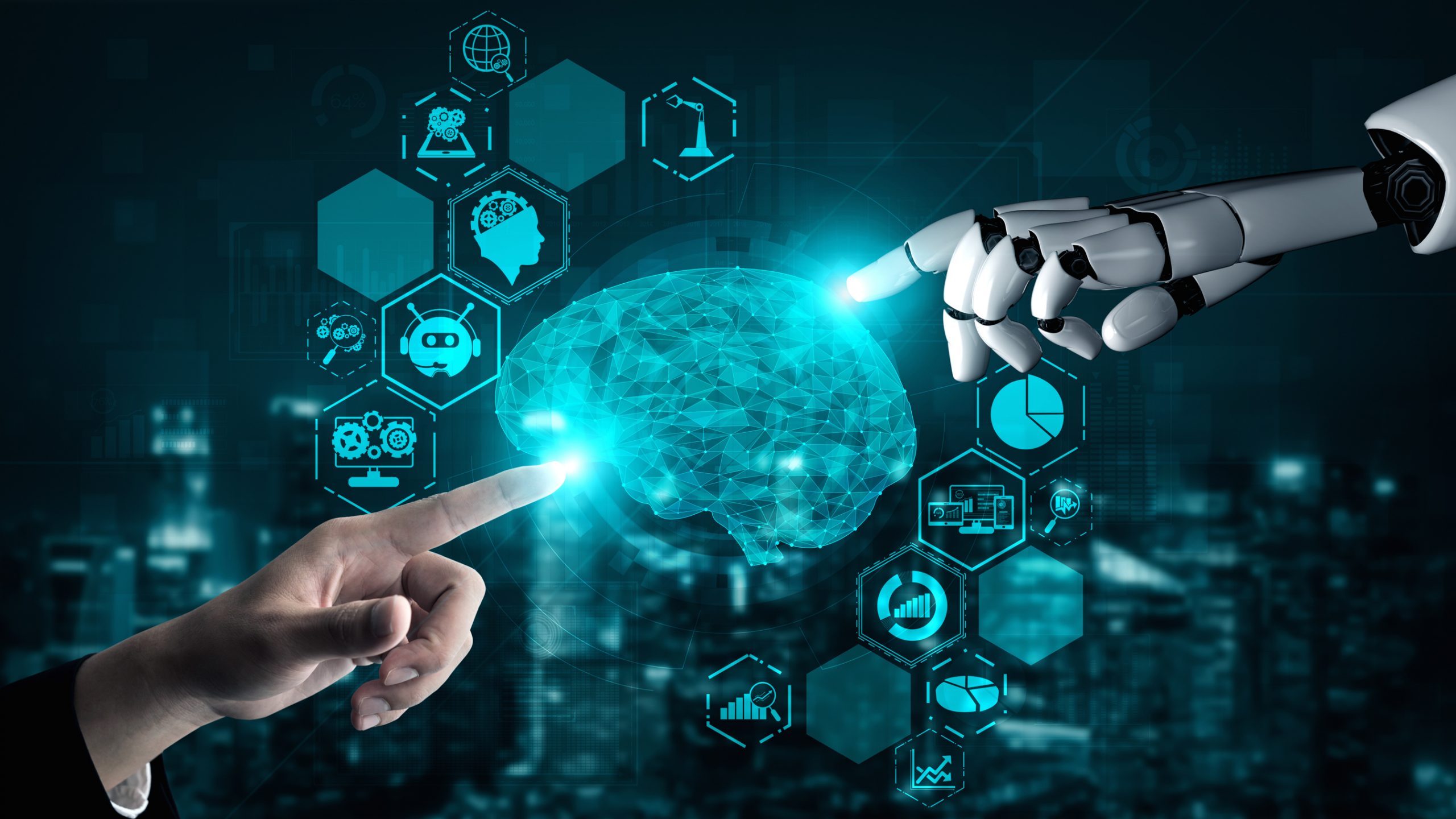
source: pinterest.com
AI systems can automate many tasks, reducing the time and effort required to complete them. This can lead to significant improvements in efficiency, particularly in industries that rely heavily on manual labor and repetitive tasks. For example, AI systems can automate administrative tasks, freeing up human workers to focus on more complex tasks.
Additionally, AI systems can process large amounts of data quickly and accurately, which can help organizations make more informed decisions.
Increased Accuracy:
AI systems can improve accuracy by reducing the potential for human error. For example, AI-powered diagnostic tools can analyze medical images more accurately than human doctors, leading to more accurate diagnoses and better patient outcomes.
Similarly, AI systems can analyze large amounts of data to identify patterns and make predictions with a high degree of accuracy, reducing the risk of human error.
Personalization:
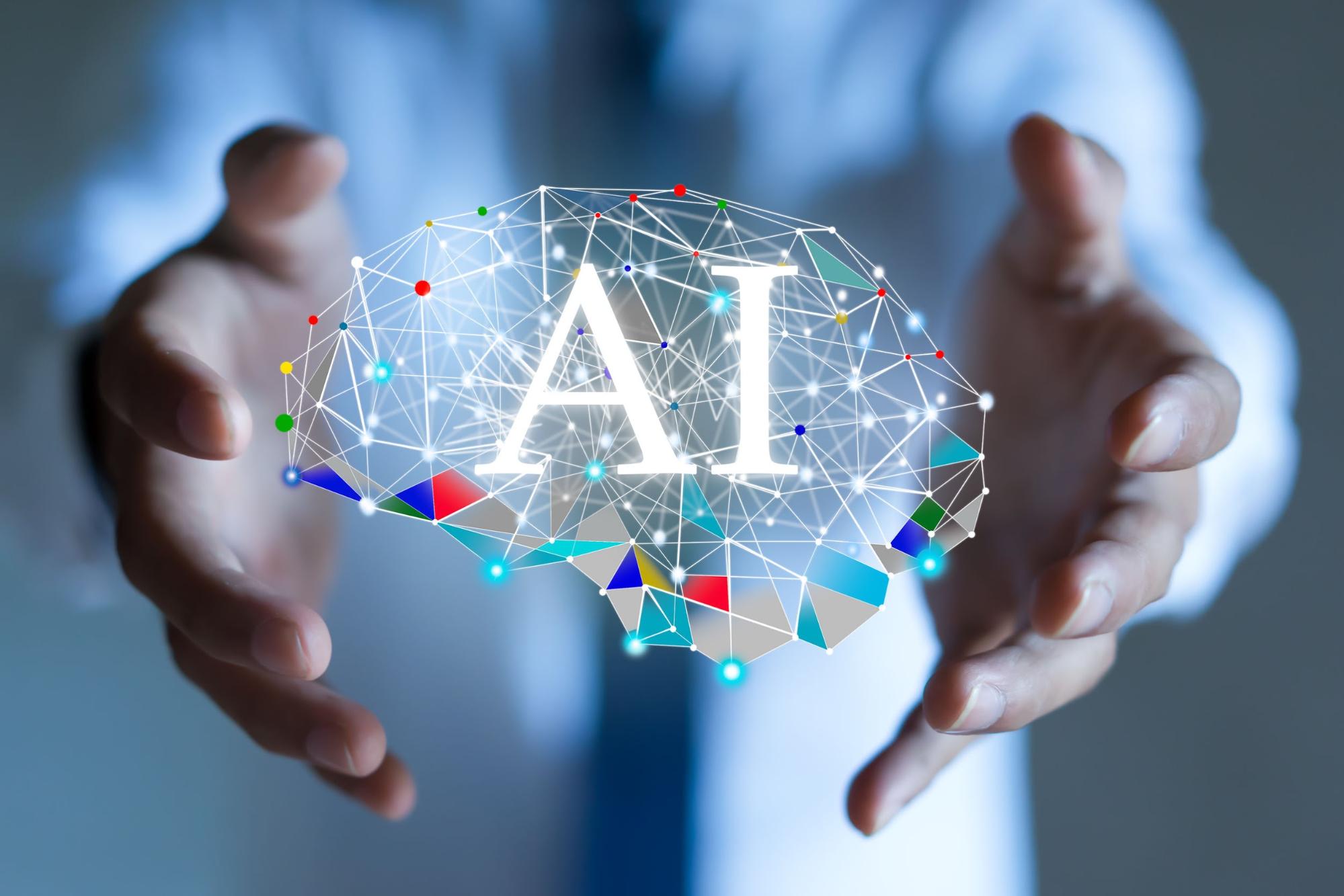
source: pinterest.com
Individualization of products and services is possible using artificial intelligence systems. For example, AI systems can analyze customer data to make recommendations for products and services that are tailored to their individual needs and preferences. Companies can improve their customer experiences. As a result, customer satisfaction will be more and more.
Enhanced Customer Service:
AI systems can be used to provide improved customer service, through the use of chatbots and virtual assistants. These systems can provide quick and efficient assistance, 24/7, and can handle a large volume of customer inquiries. This can help companies to improve their response times and reduce customer wait times, leading to improved customer satisfaction.
Predictive Maintenance:
AI systems can predict when equipment or machinery is likely to fail, allowing for preventive maintenance to be scheduled in advance. This can reduce the risk of unplanned downtime and equipment failure, leading to improved operational efficiency and lower costs.
Improved Healthcare:
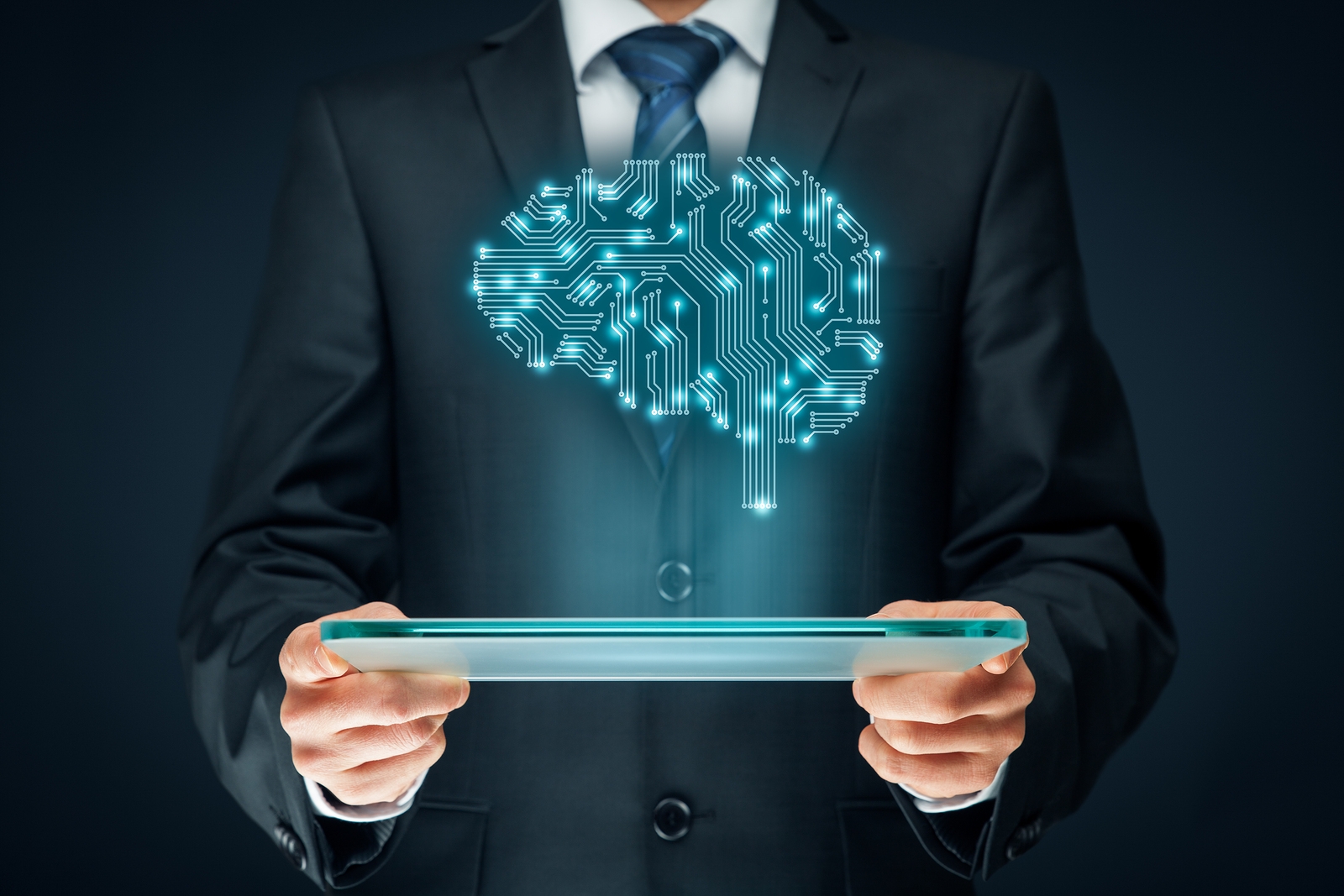
source: anniejenningspr.com
AI systems can be used to improve healthcare outcomes by automating tasks and providing more accurate diagnoses. For example, AI-powered diagnostic tools can analyze medical images to identify diseases and conditions more accurately than human doctors.
As an additional benefit, AI systems can analyze patient data to predict the outcomes of future health care. This enables health professionals to take a more proactive approach to treatment.
Advanced Robotics:
AI systems can be integrated into advanced robotics, allowing for the development of highly sophisticated and autonomous machines. This can lead to improvements in fields such as manufacturing, where robots can be used to automate tasks, reducing the risk of human error and increasing efficiency.
Furthermore, advanced robotics can assist with surgeries and other procedures in industries like healthcare. In addition to improving patient outcomes, it will reduce the risk of human error.
Disadvantages Of Artificial Intelligence
Here’s the list of disadvantages of artificial intelligence as follows; please pay attention!
Job Loss:
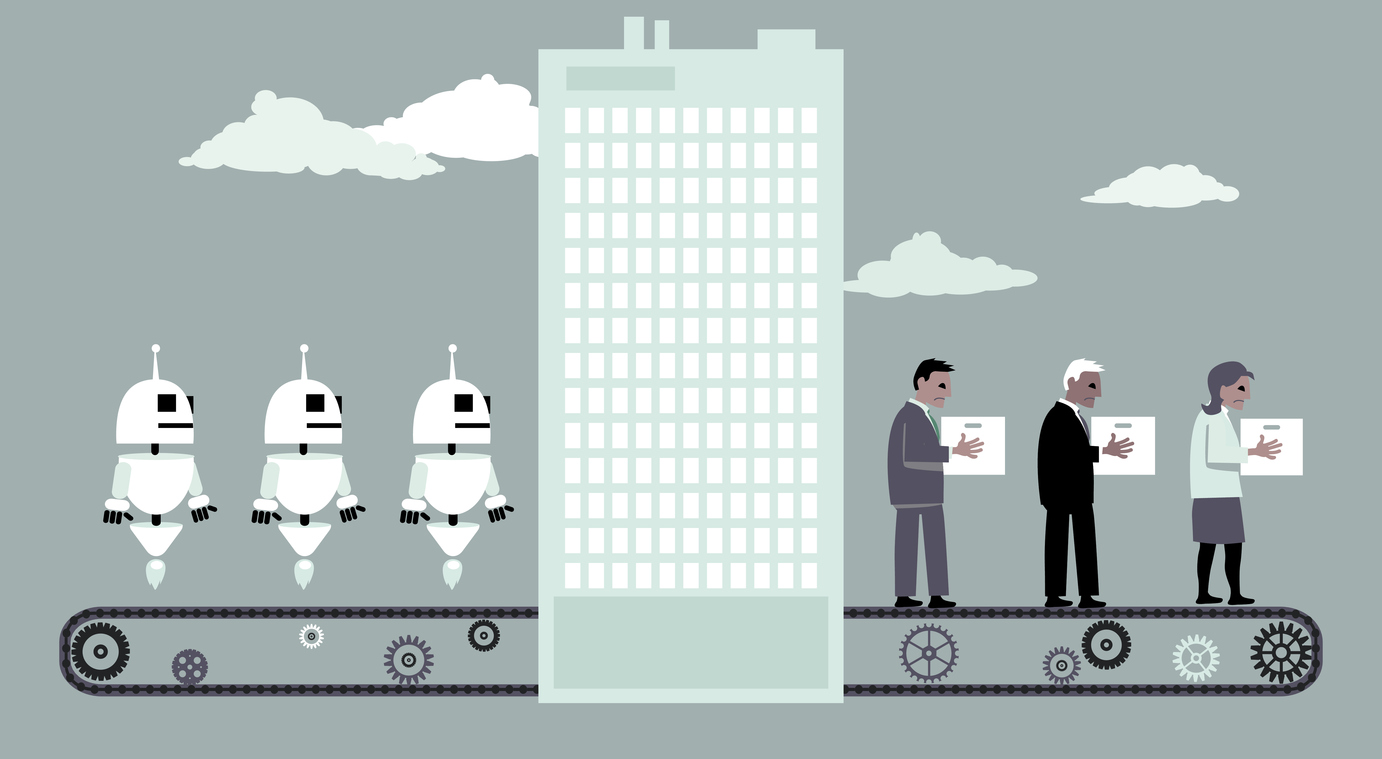
source: pinterest.com
The increasing use of AI systems in the workforce has led to widespread concern about job loss. As AI systems automate more tasks, there is a risk that humans will get lesser jobs in the future. It will create unemployment and economic insecurity. While AI may make certain tasks more efficient, it also eliminates the need for human workers in many industries.
This could result in large-scale job losses, particularly in sectors that rely heavily on manual labor and repetitive tasks. Governments and businesses must consider the impact of AI on employment and work. Moreover, they have to ensure that there are equal opportunities for every stakeholder.
Bias:
In artificial intelligence, algorithms are only as accurate as the data on which they’re able to make decisions without biases. AI systems produce biased results if their training data is biased.
This can lead to discrimination and perpetuate existing social biases. For example, facial recognition technology is receiving criticism for generating racial biases. Ai systems have a dataset that lacks transparency.
Similarly, Many people believe that AI systems for the criminal justice system have biases against people of color. To ensure that AI systems are fair and just, it is important to carefully consider the data of AI systems. We should develop measures to mitigate bias.
Lack of Human Interaction:
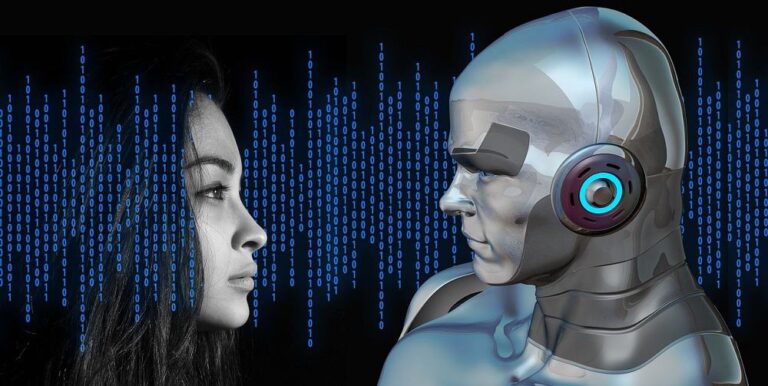
source: pinterest.com
There is a risk that human interaction and empathy will not exist in certain industries due to AI. We can take customer service as an example. AI chatbots and virtual assistants may be able to provide quick and efficient customer service. However, they lack the personal touch and emotional intelligence of human workers.
This could lead to a loss of connection between companies and their customers, and reduce customer satisfaction. Companies need to consider the role of human workers in industries that rely heavily on interpersonal skills and emotional intelligence.
Cybersecurity Concerns:
AI systems are vulnerable to hacking and cyber-attacks, which can lead to data breaches and other security concerns. As AI systems become more advanced, they can process and analyze vast amounts of sensitive data. It will become a prime target for cyber-criminals. To ensure the security of AI systems, it is important to invest in robust cybersecurity measures. For example; encryption and multi-factor authentication.
Cost:
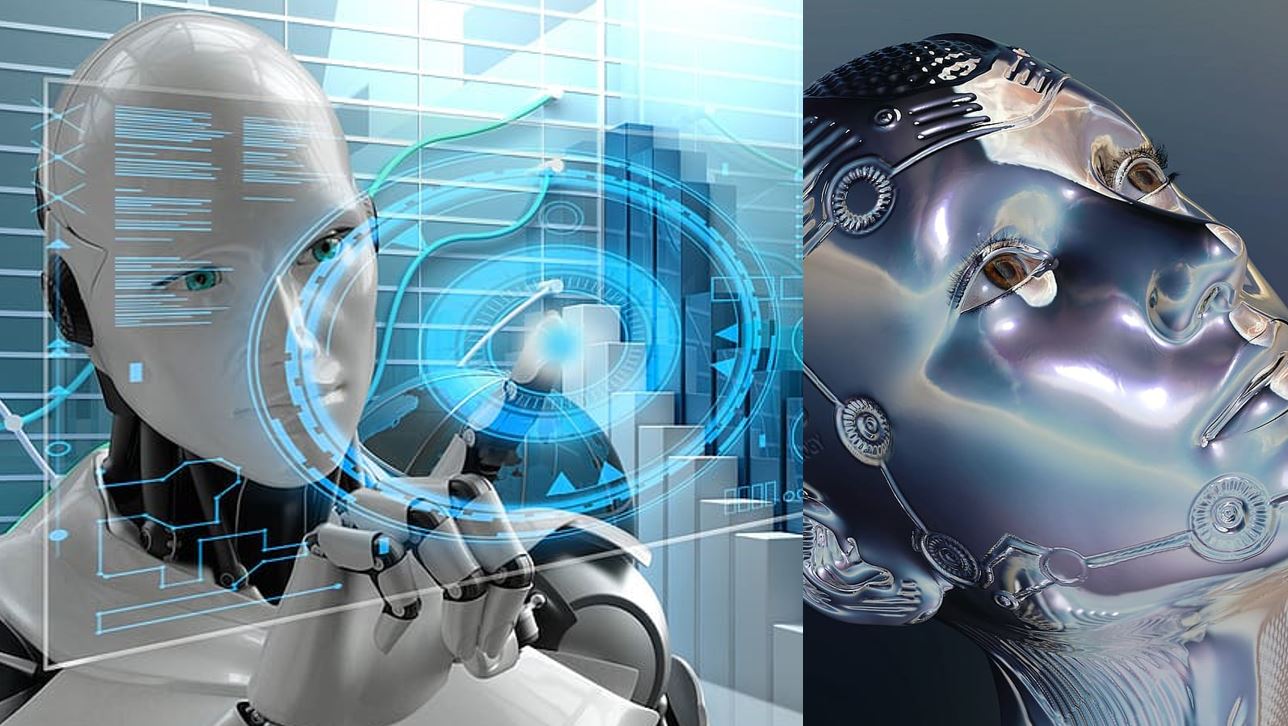
source: pinterest.com
Implementing and maintaining AI systems can be expensive, especially for small businesses and startups. The high cost of AI technology can be a barrier to entry for many organizations, particularly those in developing countries.
Additionally, the cost of training and maintaining AI systems is huge. AI systems need constant updating and maintenance. Governments and businesses must work to ensure that the benefits of AI are accessible to all.
Responsibility:
As AI systems become more advanced, it is important to consider who is responsible for their actions and decisions. This is particularly important in industries such as healthcare, where lives are at stake. If an AI system makes a mistake or causes harm, it can be difficult to determine who is responsible.
Therefore, we have to ensure that AI systems are used responsibly and ethically. It is important to establish clear guidelines. Outline the responsibilities of AI developers, manufacturers, and users.
Lack of Creativity:
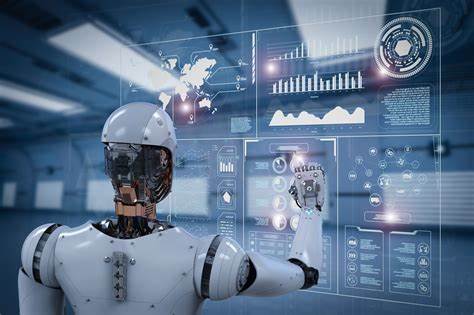
source: pinterest.com
AI systems are designed to perform specific tasks and follow set rules. They lack the creativity and imagination that human workers bring to the table. This can limit the potential of AI systems, particularly in industries that rely heavily on innovation and problem-solving.
Additionally, to ensure that AI systems are used to their full potential, it is important to consider their limitations. We should complement them with human workers who bring creativity and imagination to the table.
Final Word
After going through advantages and disadvantages of artificial intelligence, it is important to know that we should approach it wisely. We must also consider the potential risks and limitations of AI systems and implementing measures to mitigate these. For example, we should design AI systems with transparency and accountability in mind. We should make efforts to reduce bias in decision-making processes using AI. Moreover, it should not be a threat to creators.

